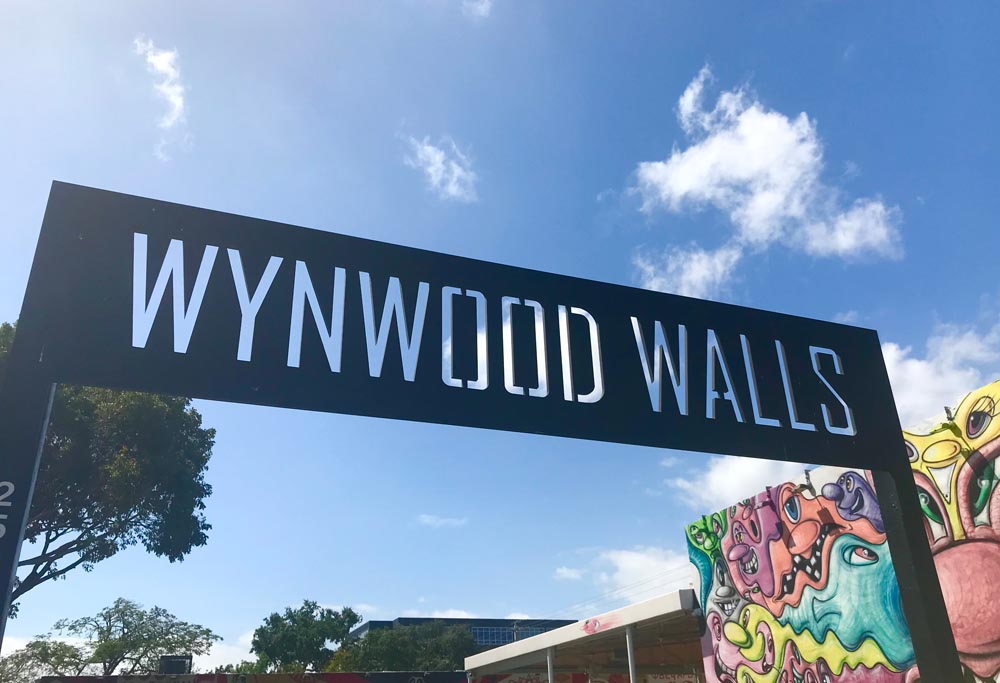
New Law Gives Upper Hand to Developers in Approval Process with Governmental Entities
Negotiations for zoning and land use approvals in Florida may become a little less costly and presumably much easier for developers thanks to the implementation of F.S. Section 70.45 which went into effect on October 1, 2015. This new law protects owners against the imposition by governmental entities of “Prohibited Exactions” as conditions for approval of new projects. A Prohibited Exaction is any condition imposed by a governmental entity on the proposed use of a property that “lacks an essential nexus to a legitimate public purpose and is not roughly proportionate to the impacts of the proposed use that the governmental entity seeks to avoid, minimize or mitigate.”
The law provides that a property owner may bring action for damages caused by the Prohibited Exaction. However, the lawsuit may not be filed until the Prohibited Exaction has actually been imposed or has been required in writing as a final condition of approval of the proposed use. The property owner must provide the governmental entity with at least 90-days’ notice of intent to file and the notice cannot be later than 180 days of the imposition of the Prohibited Exaction. The notice must include an estimate of damages. The law contains a negotiation period as the governmental entity has the right to review and respond to the notice in writing. And, the law provides for prevailing party attorneys’ fees and costs. Most importantly, the law specifically provides that sovereign immunity is specifically waived with respect to this provision.
This law provides an opportunity for more productive dialogue between municipalities/counties and developers. It will prevent governmental entities from over reaching and making onerous requirements as a condition for approval of new projects as the section is not waivable. With no sovereign immunity and the possibility of liability for damages and attorneys’ fees, governmental entities won’t be able to call all the shots any more. If the only arrow left in cities’ and counties’ quiver is a no vote, developers will soon figure out which municipalities are developer friendly and which have closed to business totally.


No Comments
Sorry, the comment form is closed at this time.